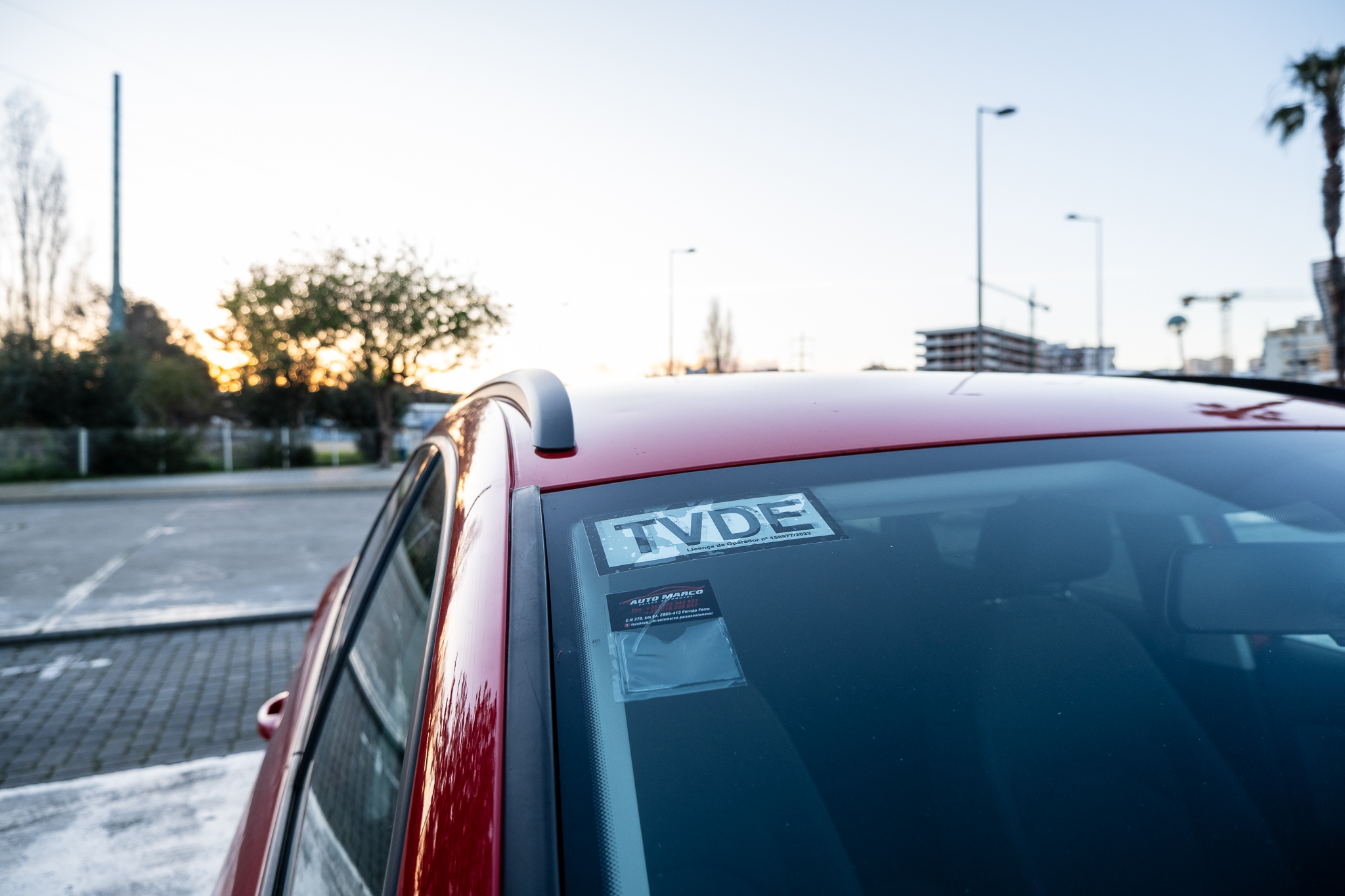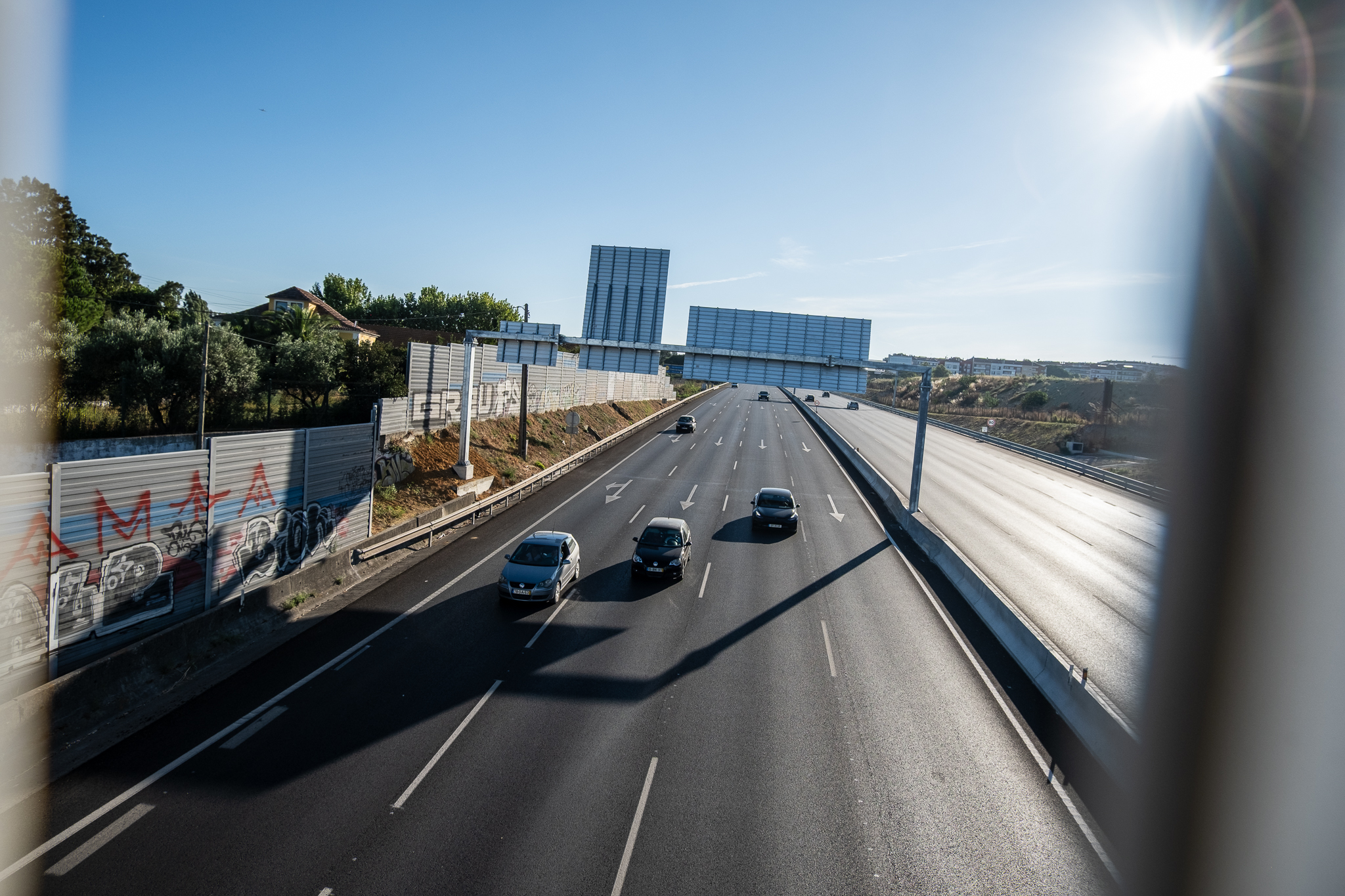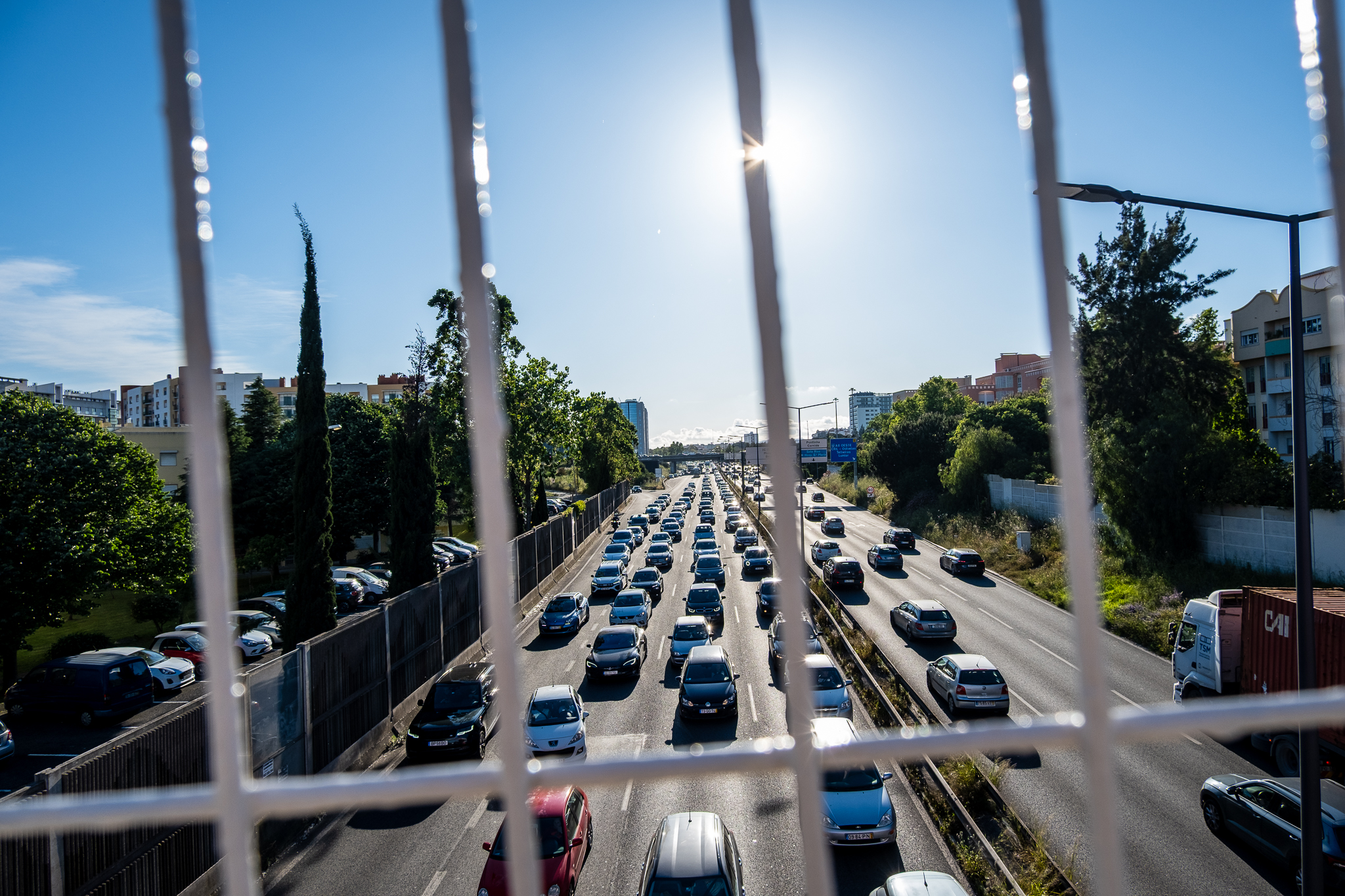The cost to the State of one day's reduction in the Tax on Oil Products (ISP) is seven times greater than the investment planned for a whole year in the National Strategy for Active Cycling Mobility.

The measures to mitigate the increase in fuel prices will have cost Portuguese taxpayers 700 million euros in just eight months. This is a missed opportunity to invest in more efficient and sustainable mobility options, such as public transport and active modes, reducing dependence on fossil fuels. The cost of two days' reduction in the Petroleum Products Tax (ISP) would be enough for the first year of a national program bike-to-work and six days of ISP reduction made it possible to apply the reduced VAT rate of 6% to bicycles for an entire year, for example.
Faced with rising fossil fuel prices, the Portuguese Parliament passed a new law in April that gives the government the leeway to reduce ISP by the end of the year. At the beginning of May, the government lowered ISP by the equivalent of reducing VAT from 23% to 13%. This measure will cost the state coffers more than 80 million euros a month.
From November to June, between tax cuts, subsidies and taxes no longer levied in the fuel sector, the government announced 700 million euros a few days ago. Measures to mitigate the rise in the price of fossil fuels are costing Portuguese taxpayers almost 100 million euros a month. We could end the year with an amount equivalent to the Environmental Fund's 2022 budget to subsidize fossil fuel costs.
Part of this money is absorbed by the oil companies and doesn't even reach Portuguese consumers. In addition, the measures are highly inequitable from a social point of view. According to NGO Transport & Environmentof the 334 million euros in fuel tax cuts in Portugal between November and February, 103 million benefited the 10% of the population with the greatest economic power, eight times more than the poorest 10%, who only benefited by 13 million. Drivers with greater economic resources consume more fuel on average - they drive more, often alone and with more powerful and more polluting vehicles. Meanwhile, people who use public transport get nothing.
This is a missed opportunity to direct more investment towards sustainable mobility and decarbonize the transport system. For this to happen, we will have to drastically reduce the use of fossil fuels instead of continuing to encourage their consumption. Half of all journeys in the two metropolitan areas are less than 5 km, and many of them could be made on foot or by bicycle if urban environments were safe and comfortable for these modes.
However, in the proposed State Budget for 2022, the government has earmarked only 400,000 euros for the National Strategy for Active Cycling Mobility 2020-2030 (ENMAC 2020-2030). The cost to the state of one day's ISP reduction (2.7 million) is therefore seven times greater than the investment planned for an entire year in ENMAC 2020-2030. In comparison, the Republic of Ireland, with half the population of Portugal, invests 1 million euros (360 million per year) in active mobility every day. In other words, Ireland has allocated 1,500 times more money per capita to active mobility than Portugal. And over the next few months, the Portuguese government will spend around 2,500 times more on compensating for tax losses from fossil fuels than it will invest in active mobility. If we add to these absurd figures the social and environmental costs (the so-called externalities) of fossil fuels and excessive car use, we conclude that this is not a responsible way of thinking about the future.
Two days of ISP reduction would be enough for the first year of a national program bike-to-workThe same cost of a six-day ISP reduction, as exists in many other European countries, would make it possible to financially reward people who commute to work by bicycle instead of by car. The same cost of six days' ISP reduction would allow VAT on bicycles to be lowered from 23% to the reduced rate of 6% over the course of a year.
The International Energy Agency recently published a report in which it advises governments around the world to adopt measures to reduce fossil fuel consumption. Energy efficiency and reduced consumption are the "Saudi Arabia of Europe". Promoting sustainable modes, as we recommend in our Manifesto "Changing urban mobility: from discourse to political action", is and will be a key element in reducing our dependence on fossil fuels. At the same time, we will be contributing to the climate goals, reducing the costs of traffic congestion in cities and improve public health and the quality of urban life. But we can also conclude that policies to encourage the use of sustainable modes will be doomed to failure if, at the same time, we continue to subsidize car travel with everyone's money.
Portugal will have to reduce emissions by at least 55% by the end of the decade, compared to 2005 figures. However, we are the second most car-using country in the European Union and since 2019 the transport sector has been the sector with the greatest weight (28%) in the country's emissions, with transport emissions in Portugal having increased by 60% compared to 1990.
Rui Igreja, leader of MUBi, adds that "the high cost of fuel for Portuguese taxpayers and families is largely the result of the inertia of successive governments in providing people with more efficient, economical and sustainable transportation alternatives. For geopolitical reasons or because of the need to reduce emissions, the price of fossil fuels will tend to rise in the coming years, and if we continue to repeat the same mistakes, we will be exacerbating the problems and increasing social inequalities".










